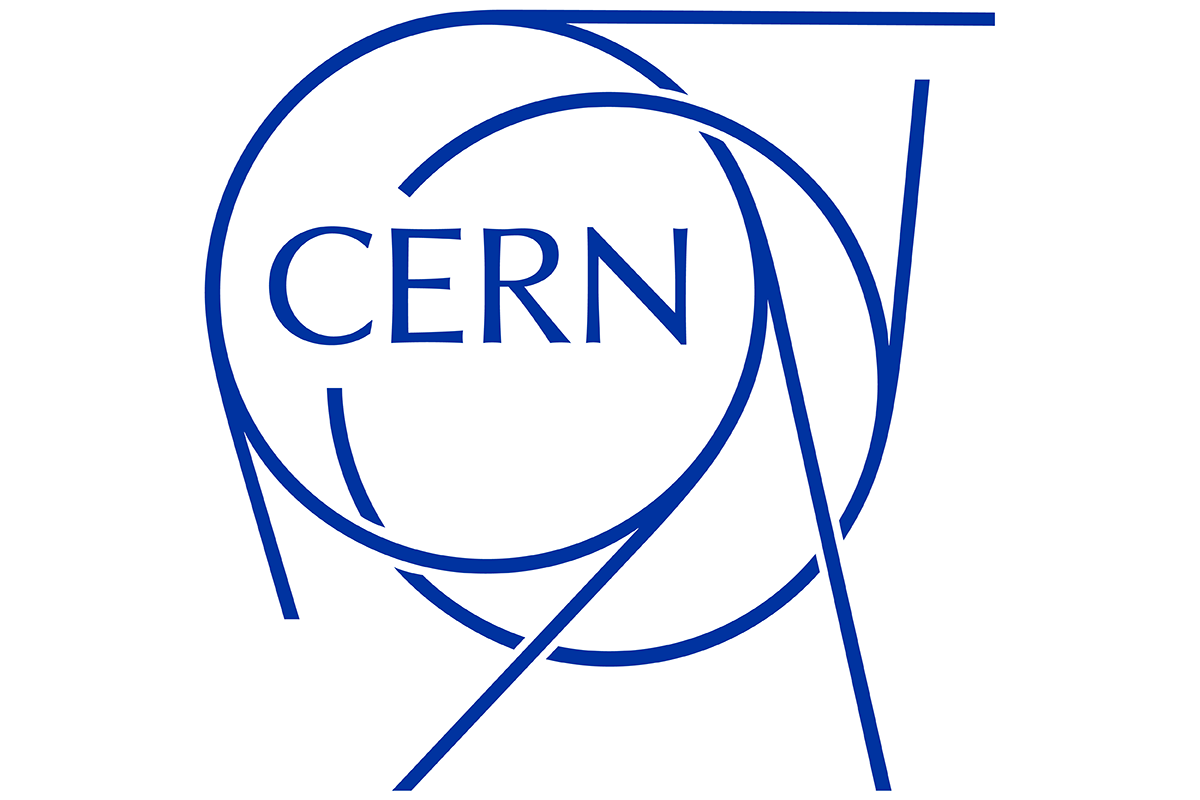
COVID-19 Testimonial Series | CERN
Share this article
Leveraging CERN’s novel technologies and know-how to develop health applications
The following article is part of BioAlps’ testimonial series and was written by Dr Beniamino Di Girolamo, Principal Applied Physicist and CERN Against COVID-19 Taskforce coordinator. Our series aims to provide a platform for the different life sciences actors from western Switzerland, who are active in finding and developing solutions to fight against the new coronavirus, to share their experience.
Presentation of CERN’s COVID-19 related activities
To uncover what the universe is made of and how it works. Such is the mission of CERN, the largest particle physics laboratory in the world. CERN provides a unique range of particle accelerator facilities to researchers, thus pushing forward the boundaries of human scientific knowledge. Beyond high-energy physics, CERN’s expertise addresses global societal challenges. Its Knowledge Transfer Group disseminates CERN’s novel technologies and know-how to numerous applications such as health and environment. During the pandemic, the CERN management established a CERN against COVID-19 task-force to offer help to society, to doctors and to scientists in their fight against the virus and its effects on life.
Leveraging CERN competences and technologies, a number of initiatives got underway at a local level and more globally. Locally, CERN produced in-house 6000 litres of sanitiser following the recipe of the World Health Organization (WHO). The sanitiser has been donated to the Prefectures of the Pays de Gex and Nantua and of the Haute-Savoie for use in hospitals, retirement homes, schools and other services like the gendarmerie, police and customs.
More globally, CERN has deployed its scientific knowledge and technical infrastructure to develop the High Energy Ventilator (HEV), a versatile ventilator designed for the treatment of the vast majority of COVID-19 cases, as well as a general-purpose ventilator beyond COVID-19. CERN provided support to other ventilator designs envisaged for large-scale production, such as the Mechanical Ventilator Milano (MVM) and the Open Breath Lung Ventilator. Other initiatives involved data hosting and computing for disciplines including epidemiology and social studies among others. A number of developments based on the use of 3D printers made it possible to develop reusable masks and to prototype quickly and easily support structures for face shields that were then engineered for injection moulding techniques for rapid manufacturing.
Exogenous impact of COVID-19 on the company
The COVID-19 pandemic has impacted the Organization’s activities due to the lockdown in the local area, and in countries from which many scientists, who use CERN’s facilities, come to work at CERN. The ongoing works for the upgrade and maintenance of the accelerators had to be temporarily stopped.
Following a decision by the CERN management, the CERN against COVID-19 task force has interacted with local communities, other international organisations such as the WHO, the European Molecular Biology Laboratory (EMBL) and the World Economic Forum (WEF), as well as universities and government bodies in an effort to provide help and support. This increased the visibility of CERN in fields far from the Laboratory’s core activity of particle physics.
CERN gradually started to resume on-site activity as soon as it became feasible to do so, while following strict hygiene rules. The Organization has adopted specific measures tailored to the specific types of work in underground areas and in offices, and is in the process of procuring a specific device to warn people about the need to respect social distancing.
Endogenous impact of COVID-19 on the company
Although the COVID-19 pandemic impacted logistics, they resumed normal operations as soon as the lockdowns in the various countries were loosened. The pandemic has certainly impacted the Organization of both work spaces and common areas such as restaurants at CERN.
Some of these changes have been beneficial in rethinking how CERN organises its space generally. It is premature to assess whether some of the changes made will be made permanent, but the return to normality will be certainly different. Opinions have been shared in terms of rationalisation, learning from this unforeseen happening.